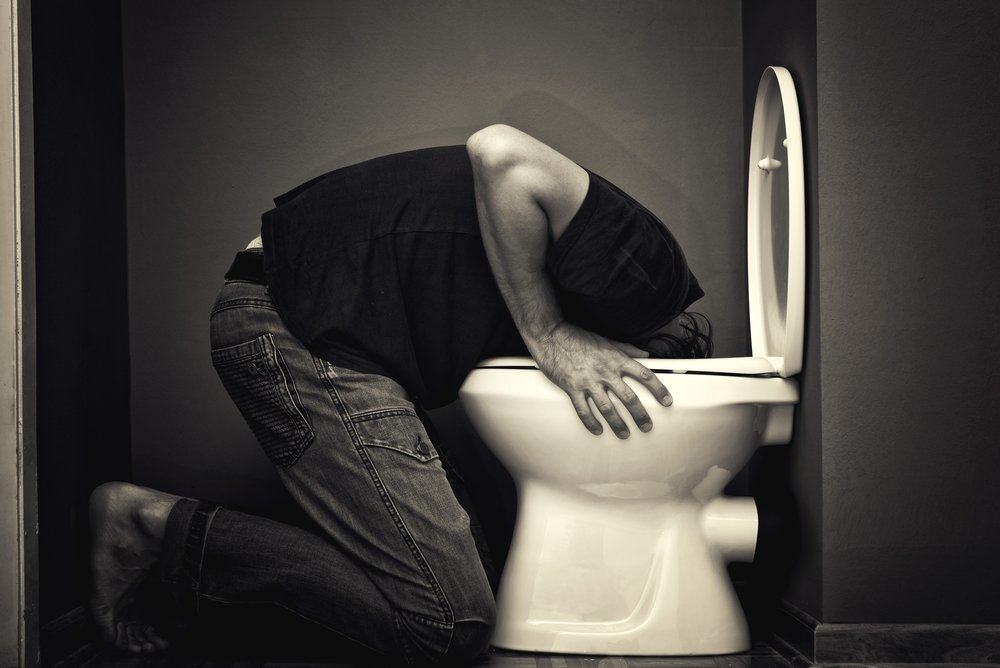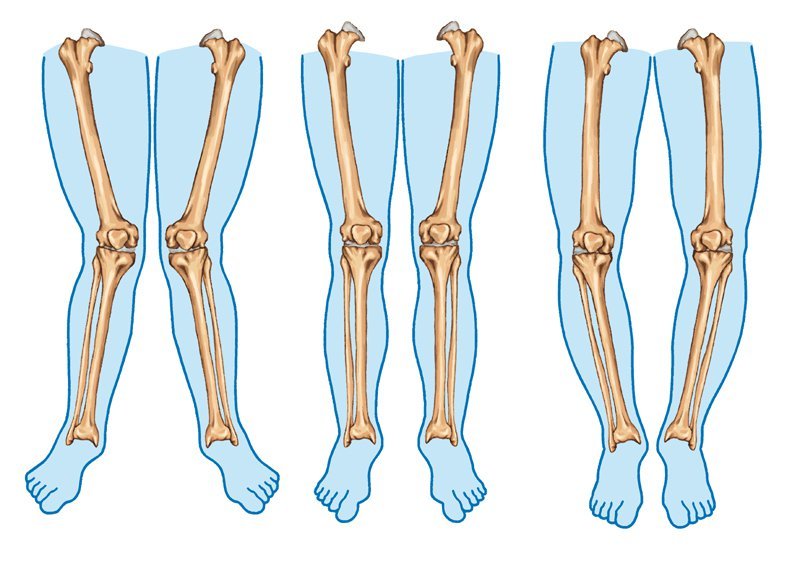Contents:
- Medical Video: Busting The Myths Of Dissociative Identity Disorder
- What are multiple personality disorders?
- Myth or fact: Can possessing demons cause multiple personalities?
- Myth or fact: People with multiple personalities are just looking for attention
- Myth or fact: DID is a rare condition
- Myth or fact: DID is the same as Schizophrenia
- Myth or fact: Treatment only worsens the condition of DID
Medical Video: Busting The Myths Of Dissociative Identity Disorder
Maybe not many people know that the severe trauma experienced by a person in childhood can change lives, even one's personality. Often this severe trauma causes them to develop multiple personalities, aka dissociative identity disorder. Unfortunately, this mental disorder recognized by the medical world is still overwhelmed by many dubious myths that make sufferers even more reluctant to get help. So, where is the myth about true personality disorder, and which one is wrong?
What are multiple personality disorders?
Multiple personality disorder, aka dissociative identity disorder (DID) or formerly known as multiple personality disorder, is a complex psychological condition. Someone with this psychological condition will have many personalities as a form of self-defense from the severe trauma they experience
Personality that appears can be a person with a different identity, both name, age, gender, temperament, hobbies, and habits. And depending on each personality, each "person" in one body can have different health conditions. Each personality that emerges can also have different styles, gestures, and ways of speaking because each personality will reveal who he is in his own way and will control the behavior and thoughts of the sufferer. The process of changing the original personality with a different personality is called "switching", which usually will appear at a certain point after being triggered by something.
Given the complex psychological condition of a person with personality disorders, no wonder there are many misunderstandings that arise in the community. This article tries to uncover the truth behind the myths surrounding multiple personalities.
Myth or fact: Can possessing demons cause multiple personalities?
Myth. The number of personalities that appear in one body often makes ordinary people think if this happens because of trance. In fact, it is clear that DID is a psychological disorder that occurs due to:
- There are problems in the brain that make it difficult for them to process their bad experiences in childhood.
- The existence of severe trauma experienced by a person in childhood. Children's brains are more vulnerable than adults, because their brains are still in development. This vulnerability can increase the risk of personality disorders.
- The absence of emotional and social support when someone has a bad trauma. This "neglect" will further increase a child's risk of developing a personality disorder that persists into adulthood. This will also make them tend to "separate themselves" as a way to deal with trauma.
Myth or fact: People with multiple personalities are just looking for attention
Myth. Many people still think that people with mental disorders are people who like to look for attention, or even drama queen. Logically it seems impossible for someone to have many different personalities at one time.
It is this mistrust that ultimately creates a negative stigma in the sufferer, which makes them reluctant to seek help, isolate themselves from social life, and make their condition worse. It should be emphasized that personality disorders are real health conditions that have been recognized by the medical world and health professionals for a very long time.
Myth or fact: DID is a rare condition
Myth. Not everyone has friends / family who experience this psychological condition. However, that does not mean that personality disorders are a rare condition. Studies have even found that one to three percent of people are at risk for this disorder.
Myth or fact: DID is the same as Schizophrenia
Myth. Many people think of personality disorders same as schizophrenia. In fact, these two things are very different. Schizophrenia is a psychological condition that causes sufferers to experience hallucinations, delusions, and / or paranoia. Often people with schizophrenia feel listening / seeing / thinking about something that is not real. While sufferers of personality disorders do not experience all three of the above as experienced by people with schizophrenia.
Myth or fact: Treatment only worsens the condition of DID
Myth. Personality disorders require a special set of treatments. Someone with this condition is highly recommended to consult a psychiatrist to get the right treatment and care. In fact, a study has found that proper treatment and treatment of DID patients can improve their psychological condition, especially to help them control the appearance of each personality in him.












